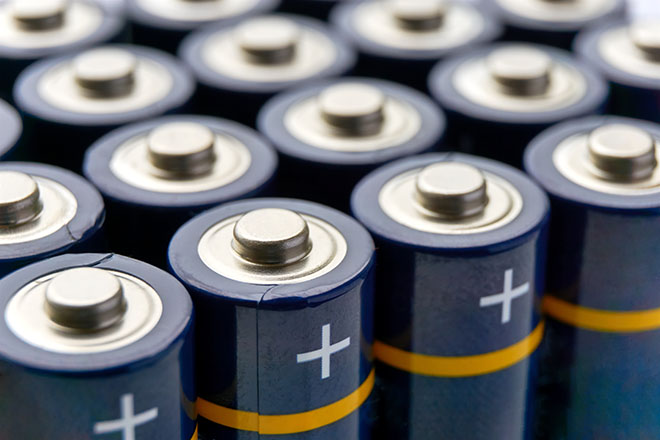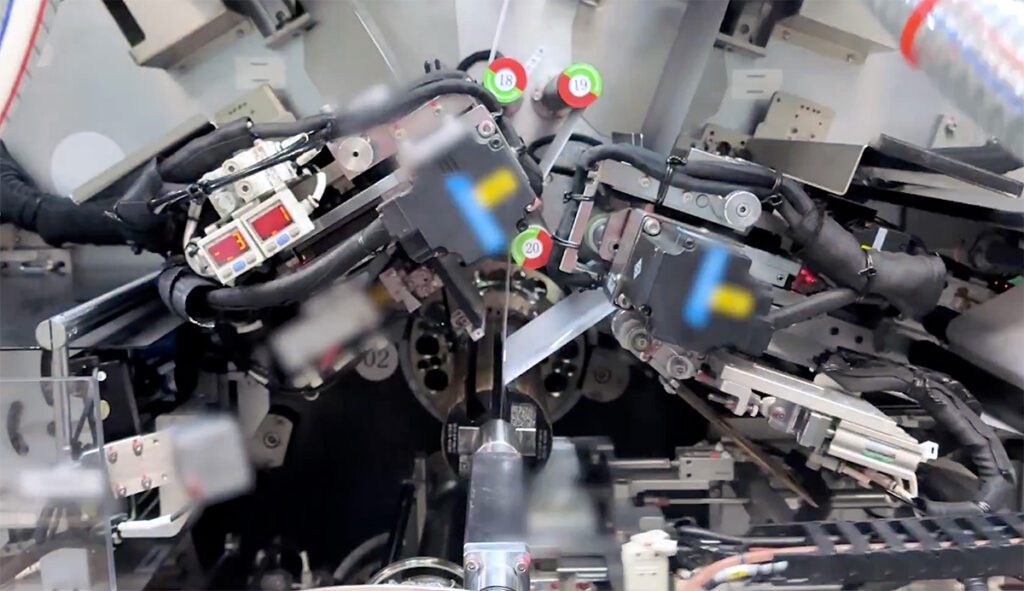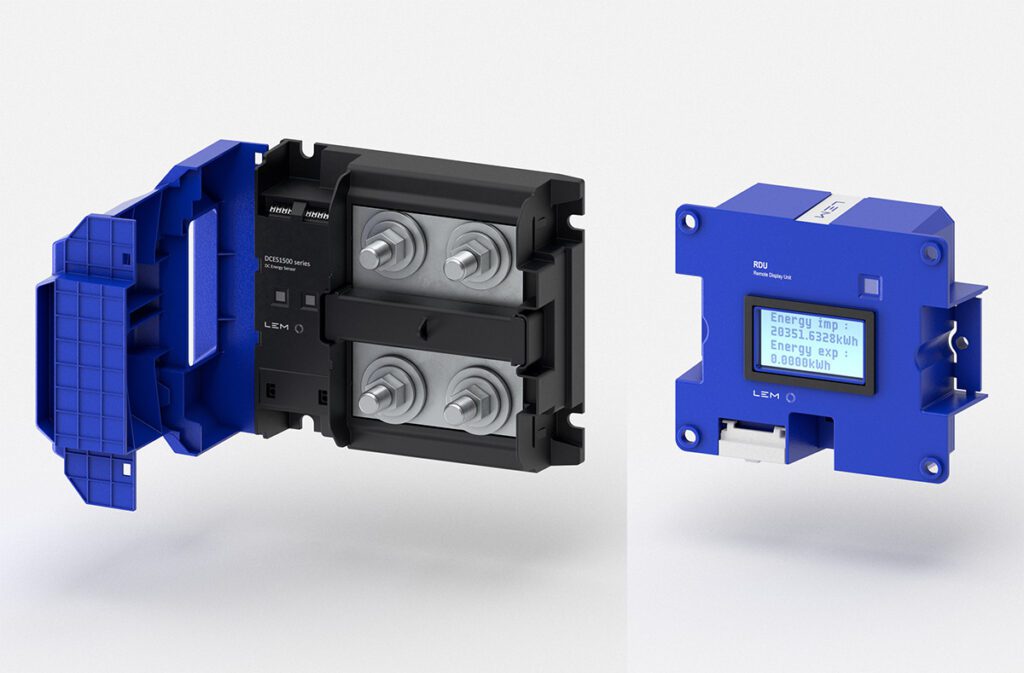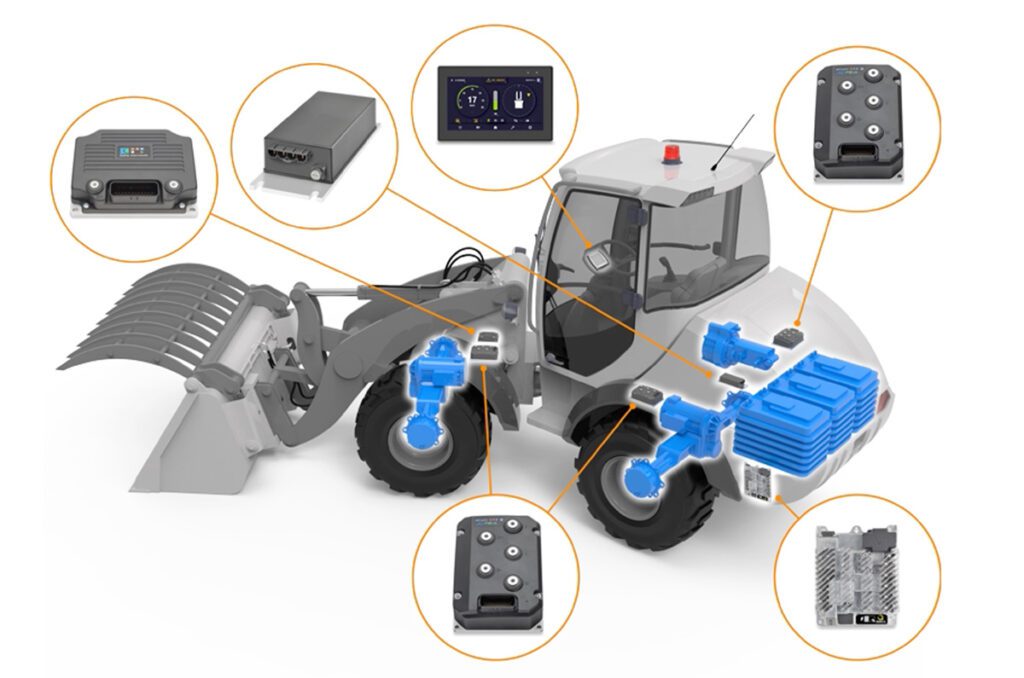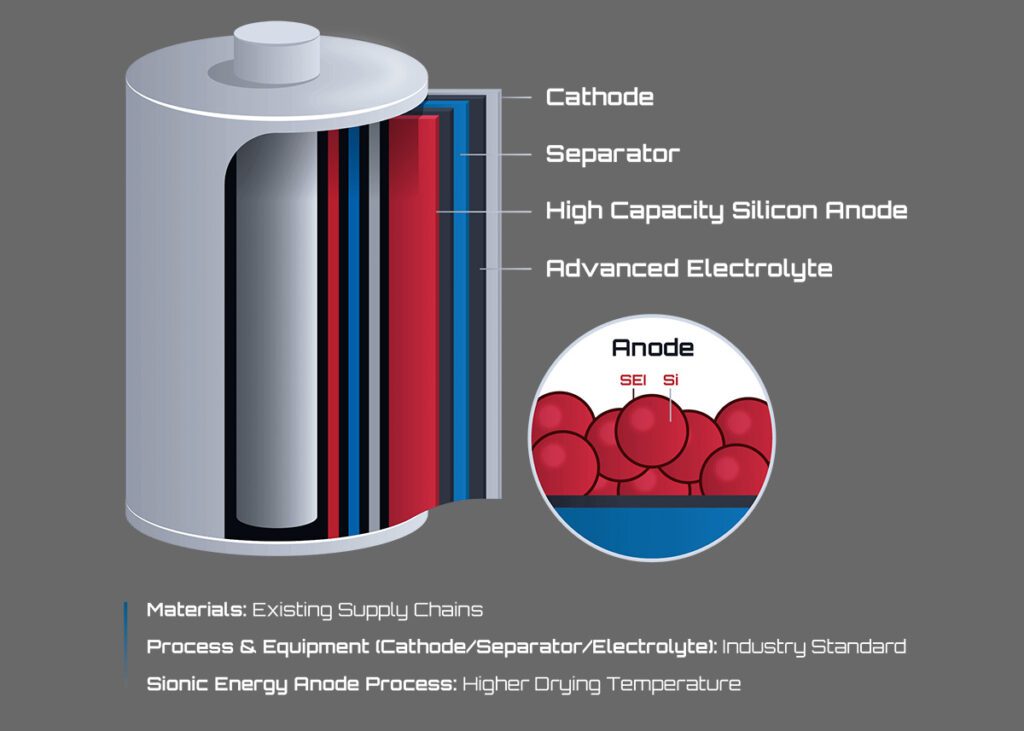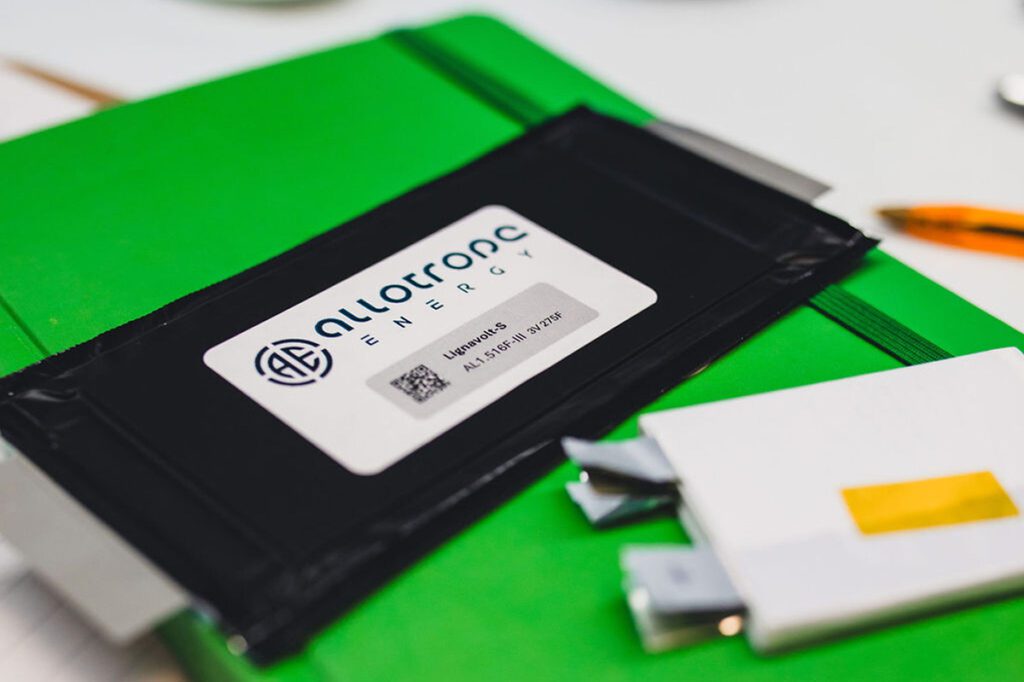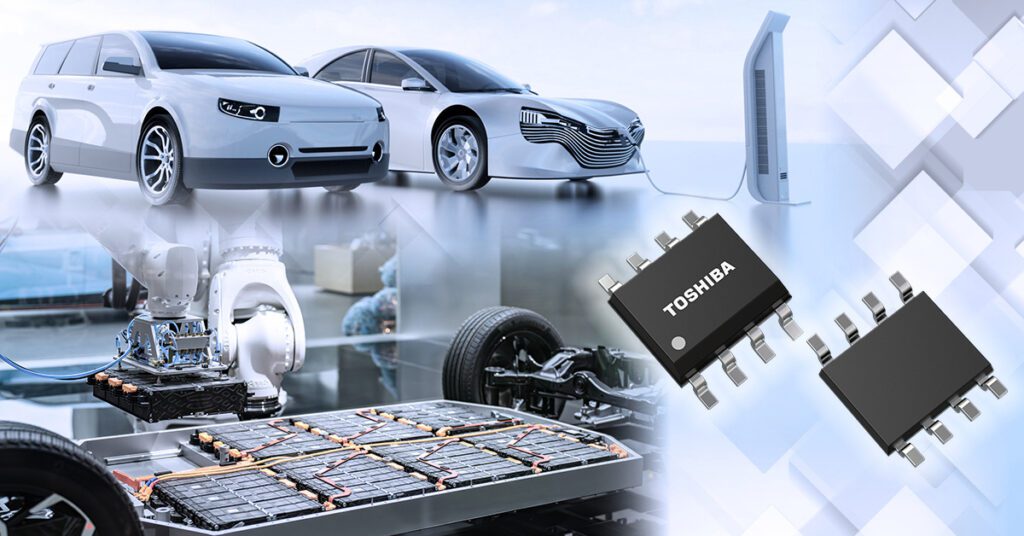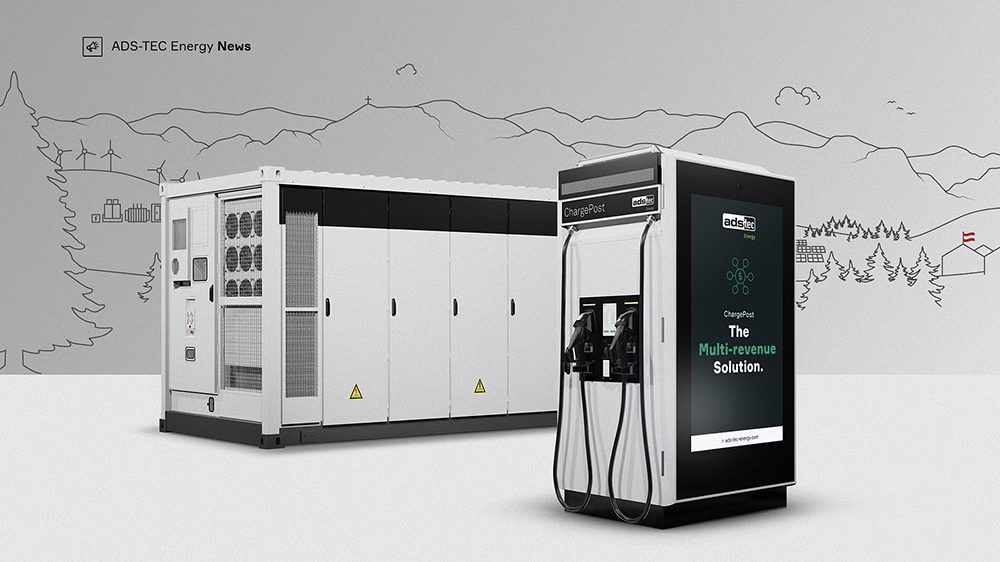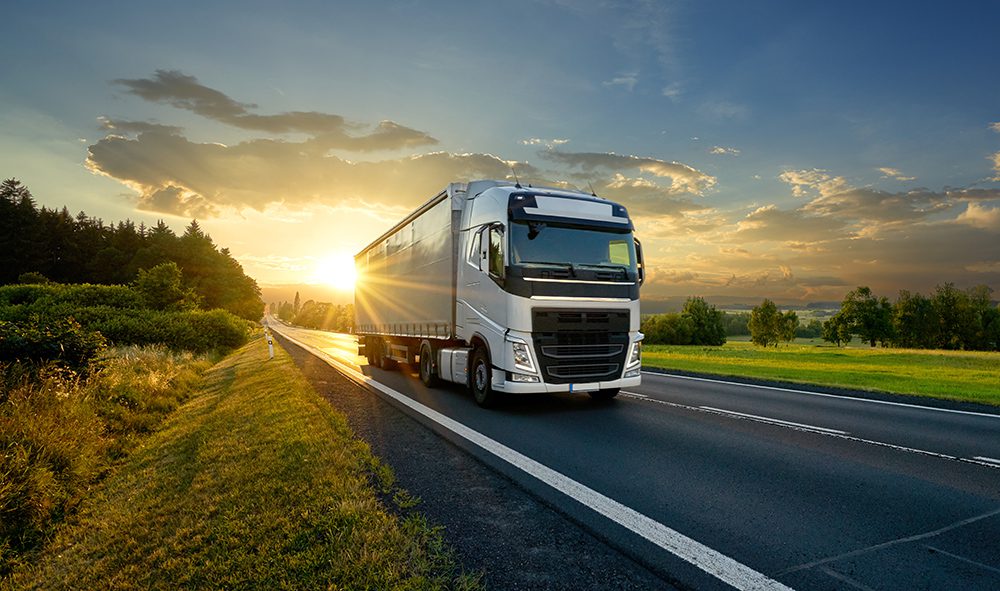Britain’s new relationship to the EU has important implications for automakers, specifically for their battery supply chains. As The Guardian reports, all UK-EU trade in cars and parts will continue to be free of tariffs or quotas, as long as they contain enough content from either UK or EU factories.
For three years, batteries will be allowed to contain up to 70% materials from countries outside the EU or the UK. However, beginning in 2024, only 50% non-EU/UK content will be allowed. In order to avoid EU tariffs from 2024 onwards, UK carmakers will need to start sourcing battery materials from within the UK or EU, Mike Hawes, the CEO of the Society of Motor Manufacturers and Traders trade group, told The Guardian. Under the new rules, it will be “imperative that the UK secures at pace investment in battery gigafactories and electrified supply chains,” said Hawes.
Ian Henry, of the consulting firm AutoAnalysis, says the UK car industry will need to build an entire supply chain, including manufacturing chemically complicated parts such as cathodes. “By the mid-2020s, the UK has got to be doing a lot more than just assembling bits from a kit,” said Henry. “Several core processes in battery manufacturing will have to take place here in order for the UK to have a viable electric vehicle industry.”
At the moment, the vast majority of EV batteries come from Asian firms, including China’s CATL, Korea’s LG Chem and Japan’s Panasonic. European carmakers and governments have begun addressing this issue, investing billions of euros in new battery plants. At least 10 major projects are underway, involving companies including Sweden’s Northvolt and the French oil giant Total. The UK is behind the curve—there are as yet no fully funded plans to begin battery production in Britain.
Startup Britishvolt is the only company currently working on a battery plant in the UK. The company recently announced plans to build a battery factory on the site of a former coal-fired power station in Blyth in northeastern England. It hopes to begin production of lithium-ion batteries by the end of 2023.
A Britishvolt spokesman said the Brexit deal’s provisions fit perfectly with his company’s plans, and that Britishvolt’s new plant will allow it to serve both the UK automotive industry and carmakers in Europe.
Source: The Guardian







